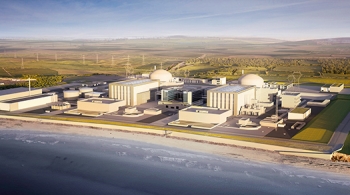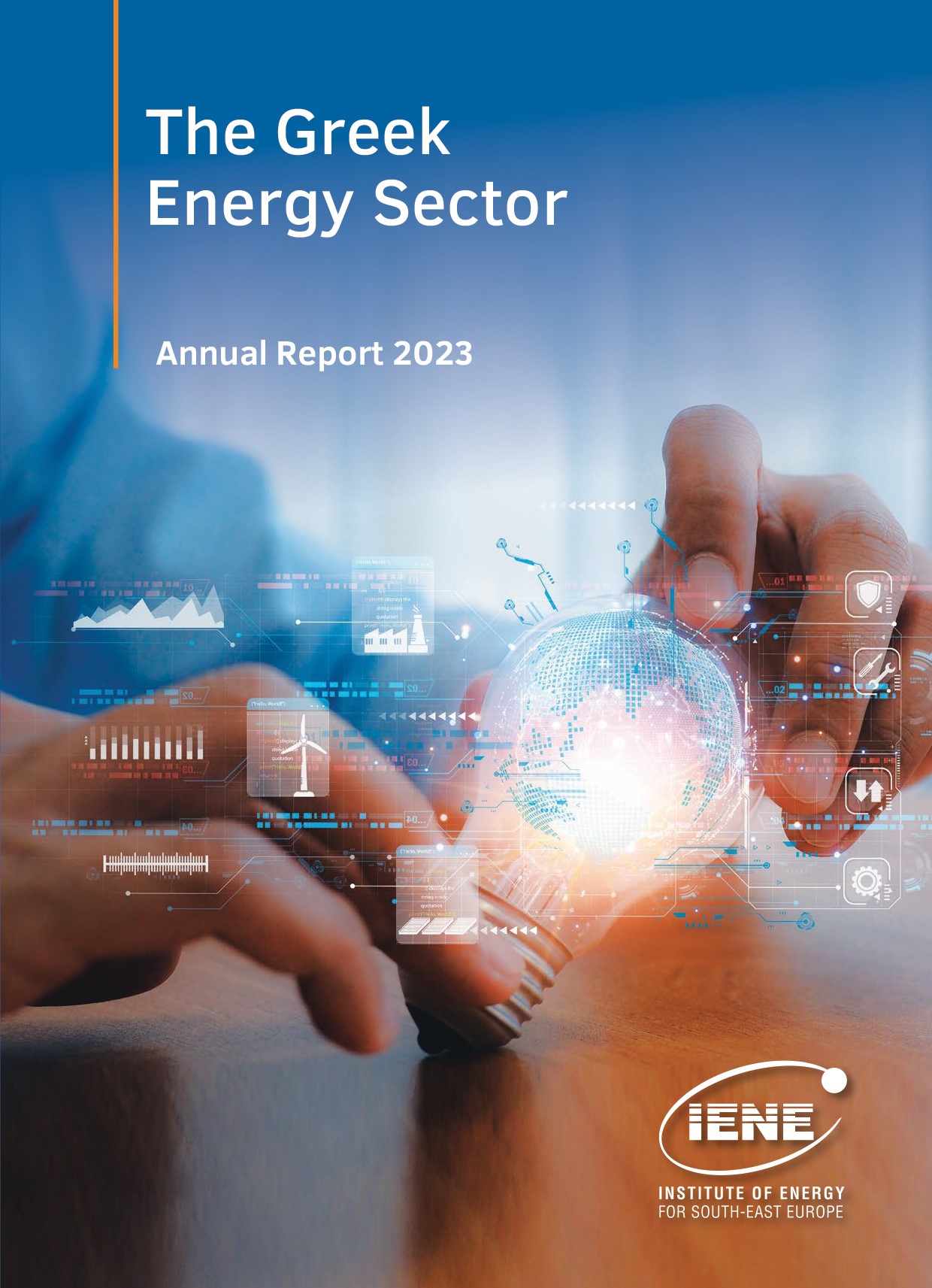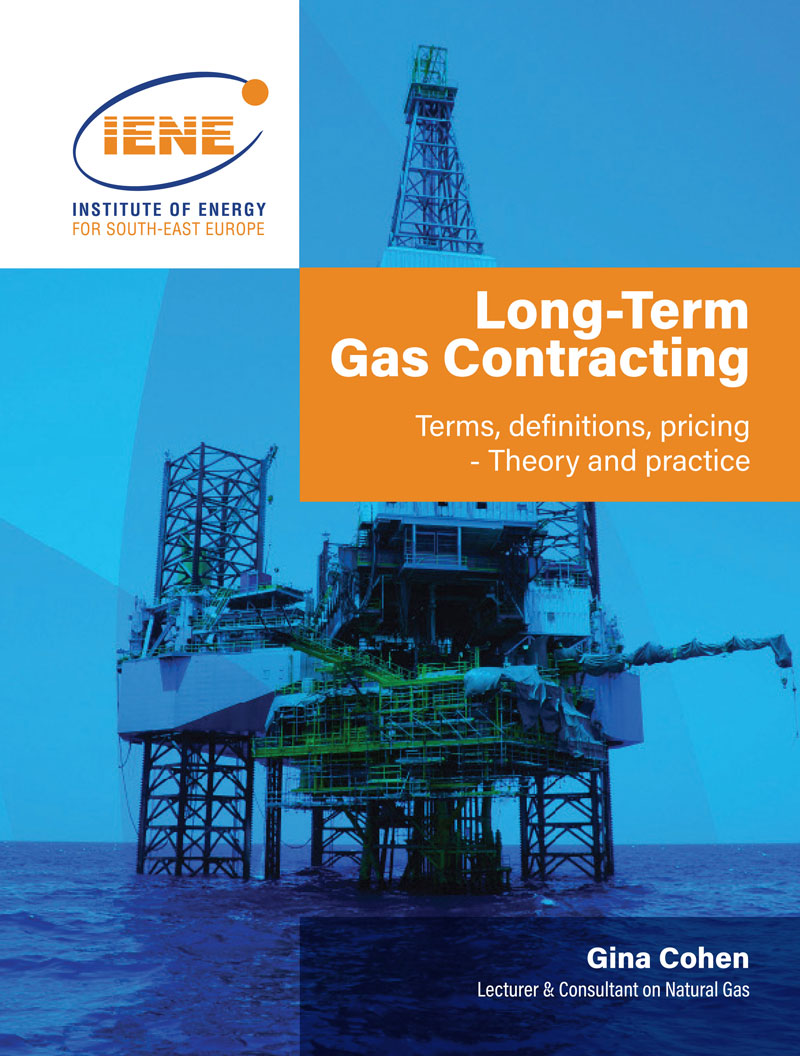Without Hinkley Point
C, the potential to have a real and considered debate about the future shape of
the electricity system has loomed into view, writes Bridget Woodman, Course
Director, MSc Energy Policy, at the University of Exeter. According to Woodman,
the UK government’s decision to delay a final go-ahead on the project makes it
possible to start debating the sorts of options being considered widely around
the world, with measures to encourage more flexible, smaller-scale, renewable
systems incorporating demand-side measures and new technologies such as
storage. Courtesy of The Conversation.
These are extraordinary times for energy policy in the UK. After years of resigned acceptance that the Hinkley Point C nuclear power station would be built no matter how much of a basketcase it was, the government has surprised everyone bycalling a halt to the processuntil the autumn.
The proposed Hinkley Point C would have two European Pressurised Reactors (EPRs), providing around 3GW of electricity or about 7% of the UK’s total usage. The construction would be paid for by French energy firm EDF and Chinese nuclear companies, but the expense of building it would be underpinned by long-term supply contracts with the UK government, as well as a series of other financial undertakings designed to reduce the financial risks for the developers.
Few people argue that Hinkley Point C makes sense. The project’s budget has grown from original estimates of£16 billion to £24.5 billiontoday. Even this might be an underestimate given the experience of cost overruns similar reactors under construction inFinland,FranceandChina.
The long-term supply contracts – known as Contracts for Difference (CfDs) – are designed to guarantee a set income of £92.50 per MegaWatt hour of output, regardless of the actual price of electricity in the market. Since the contracts were agreed, the wholesale price of electricity has fallen, meaning that the estimated subsidy for the lifetime of the project has risen from£6.1 billion to £29.7 billion, a huge burden for UK electricity consumers.
And the CfD subsidy is complemented by asuiteof other UK taxpayer subsidies and guarantees designed to mitigate investment risks for the French and Chinese investors and to guarantee costs for dealing with nuclear waste or paying compensation for nuclear accidents.
Putting all of these subsidies in place has required the UK government to essentially redesign the electricity market over the past few years in an effort to create a situation where investment in a new plant looked attractive. Pretty much every major policy design has been geared towards creating a perfect environment for Hinkley Point C. That’s why it’s such a surprise to see the government has now stepped back – a bit – from the brink.
The get-out clauses?
The contracts to put many of the subsidy structures are not yet signed – that was meant to happen today [July 29], as part of the official approval process – so the government could still pull out. Obviously that wouldn’t please the French and Chinese, but risking their short-term displeasure could avoid locking the UK into the extortionate project for decades to come. Once the contracts are signed the legal and financial ramifications are so high that the project will go ahead, whatever the evidence against it.
The UK has form on this, notably theTHORPnuclear fuel reprocessing plant at Sellafield, which began operation despite the case for it collapsing on every front. But without those contracts in place the project can still falter at the last hurdle.
So why the delay? There is all sorts of speculation going round: the new Theresa May administration is notideologically linkedto new nuclear plants in the way that Cameron’s administration was – and therefore has had an attack of common sense about the costs of the project. The government also has security concerns overallowing significant Chinese investmentin the UK electricity system – in a post-Brexit world the government is worried about the level ofoverseas ownershipof UK electricity assets – most are owned by European rather than British companies. Then there was the less than ringing endorsement of the EDF board (which reportedly votedonly 10-7 in favourof going ahead, following a couple of high-profileresignations) which has rung alarm bells in both the UK and French governments.
The real reason behind the decision may emerge over the next few weeks as the government mulls over the pros and cons of the project. That will be fascinating. Equally fascinating, though, will be the debate that must take place at the same time aboutwhat an alternative might look like. What might the UK energy landscape look like without the project that has shaped it for so many years?
Energy policy is often seen as a bit of a backwater – little tweaks to existing approaches tend to be preferred to massive shifts in strategy. The latest decision has the potential to change that. Without Hinkley Point C, the potential to have a real and considered debate about the future shape of the electricity system has loomed into view. Now is the time to start considering the sorts of options being considered widely around the world, with measures to encourage more flexible, smaller-scale, renewable systems incorporating demand-side measures and new technologies such as storage. A system that is theabsolute antithesis of what Hinkley Point C represents. Suddenly UK energy policy has become very exciting indeed.
*Bridget Woodman is course director for the MSc Energy Policy course and a member of the Energy Policy Group in the School of Geography, University of Exeter. Previously she worked at Warwick Business School as a UKERC Research Fellow in its Infrastructure and Supply theme. Prior to that she undertook her DPhil on Renewables and Distributed Generation at SPRU, University of Sussex. The majority of Dr Woodman’s work is focused on the policy and regulatory aspects of a transition to sustainable energy systems and her publications reflect this area she has developed.
(www.energypost.eu / The Conversation)

 by Bridget Woodman*
by Bridget Woodman*





 More
More









